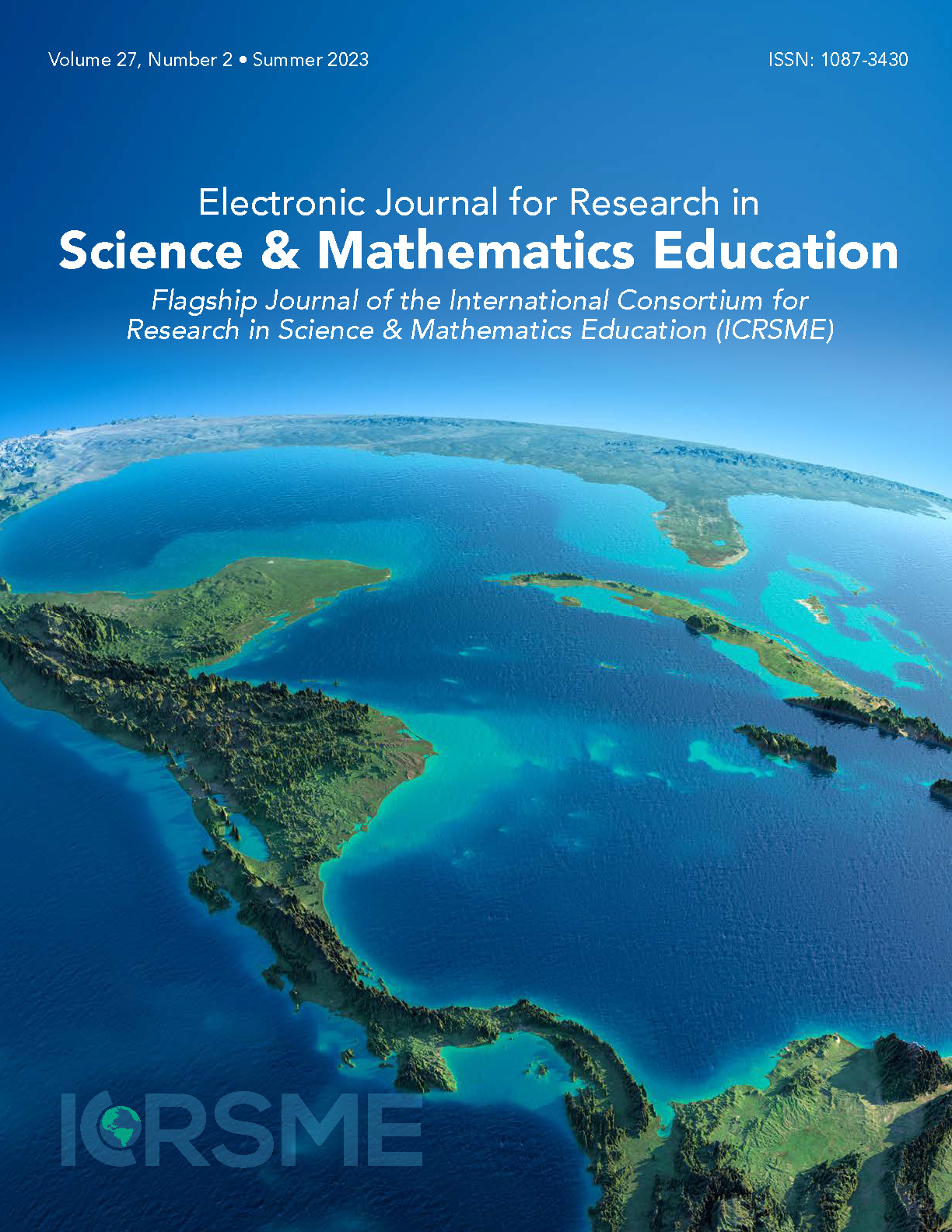Coordinated and Intersecting How Preservice Secondary Science Teachers Understand Science and Engineering Practices and Instructional Principles for Diverse Students
Main Article Content
Abstract
Teacher education programs need to prepare their preservice teachers to both implement current science education reforms and teach in culturally and linguistically diverse classrooms. In this qualitative study, we used a framework of four instructional principles to investigate 31 preservice secondary science teachers’ understanding of instruction aligned with current reforms and responsive to culturally and linguistically diverse students. We analyzed interview data to examine preservice teachers’ evolving understanding of the principle of engaging students in disciplinary practices, specifically the eight science and engineering practices (SEPs) highlighted in current U.S. standards. We found that, over time, participants more often discussed using multiple SEPs together in coordinated ways. However, they consistently reported struggling with the SEPs of developing and using models and using mathematics and computational thinking. Further, we examined how participants discussed engaging students in disciplinary practices in intersection with the three other principles in our framework: providing students with language production opportunities, attending to and supporting disciplinary language demands, and using student funds of knowledge and other resources. We found that participants focused more often on language production and language support than on student funds of knowledge in intersection with SEPs. Further, participants most frequently discussed the SEP of engaging in argument from evidence in intersection with the other three principles. This study is useful for informing teacher educators on how to better support preservice secondary science teachers in developing their understanding of engaging students in disciplinary practices and other instructional principles for diverse students.
Article Details
© 2025 Electronic Journal for Research in Science & Mathematics Education (EJRSME)
